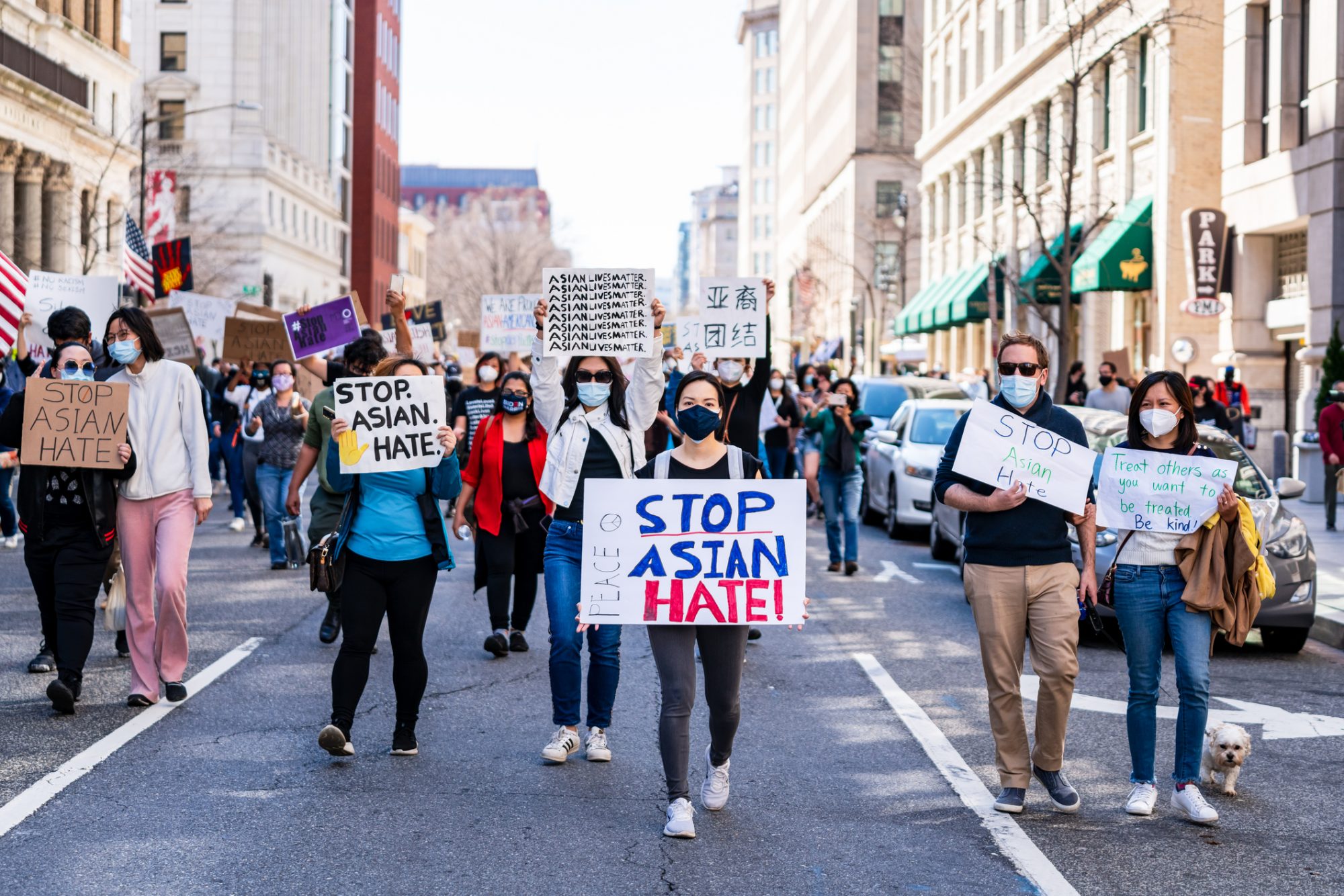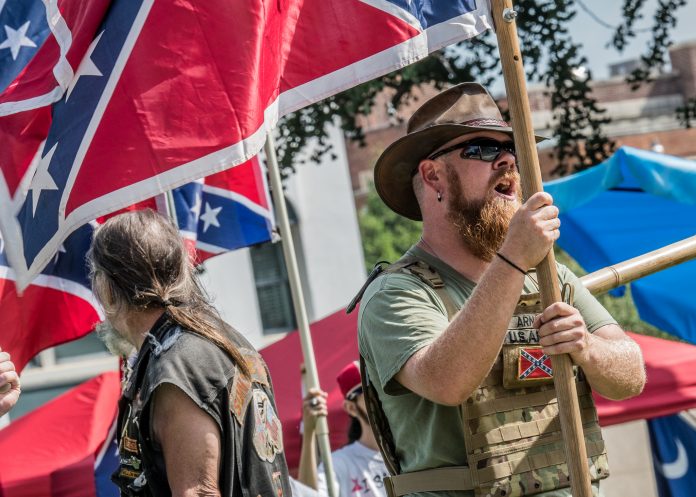Hate crimes in the United States have increased in frequency in recent years; however, legislation protecting victims across many states is limited
Hate crimes are generally defined as a crime, often involving violence, that is motivated by prejudice based on ethnicity, religion, sexual orientation, or similar grounds.
Legislation against these crimes is vital to reduce racism, sexism and fascism against particular groups of people, as they are acts of violence or hostility directed at people because of who they are.
Across the United States, numerous states have witnessed the rise of antisemitism, white supremacy and religious extremism – prompting the federal government to pass legislation targeted at crimes motivated by hate.
However, research conducted to understand the nature of these laws across 50 states found the nation’s hate crime legislation lacked definition and inclusivity of specific crimes, and some states did not have any legislation protecting victims at all.
The rise of antisemitism, white supremacy and religious extremism
Four states did not have any hate crime statutes
Researchers from Florida Atlantic University gathered data analysis consisting of 271 statutes, looking at four themes that emerged from the data: how hate crimes have been contextualized, inconsistencies in hate crime legislation coverage, differences in court procedures in hate crime cases, and state efforts to combat hate crimes.
Indiana, Mississippi, New Hampshire and South Carolina were found to have no statutes, with no protection from crimes against sexual orientation, religion, race, disability and more.
Although voting and political expression are paramount in a democracy, only Iowa and West Virginia had statutes that recognized hate crimes motivated by political affiliation.

© bgrocker
31 states address sexual orientation in their hate crime legislation, however, only 12 states protect individuals based on their gender identity. While the number of states that cover the LGBTQ+ community continues to grow, not all states define these groups appropriately in their hate crime legislation.
Combating hate crimes by public dissemination and training was primarily overlooked
There were 37 states that protected religious locations. However, most states do not mention mosques and/or synagogues among protected institutions, despite these religious institutions being the most frequent targets of hate crimes.
While churches were the most identified religious institution among hate crimes legislation, they were mentioned by name in fewer than half of U.S. states. The only state that protects all places of worship was Delaware.
Optimistically, 31 states offer protection covering physical, mental, and other disabilities.
However, while most states do recognize the importance of protecting these individuals, states continue to vary in the extent of their protections and rights afforded. New Mexico offers the most encompassing statute in this context. This entails that while they are aware of these issues, the law does not entirely prevent crimes from occurring against people on the basis of disability.
The most protected classes and populations of people were race (48 states), nation of origin (47 states), and religion (46 states).
Prison is required across 35 states for those who have been convicted of a hate crime
More than half of the states (27) have laws regarding hate crime reporting, which require collecting and storing data on hate crimes for the state.
California offered the most encompassing law, as it clearly delineates protected classes and locations while conceptualizing both. The researchers say California should serve as a basis for states moving forward, as it addresses the vagueness and inconsistent nature of other state statutes.
California should serve as a basis for states moving forward
Cassandra Atkin-Plunk, Ph.D., co-author, an associate professor, and associate director in FAU’s College of Social Work and Criminal Justice, said: “There still much more work to be done. We suggest that state legislation provide greater conciseness and specificity to the law and courtroom procedures, be mindful of appropriate social science definitions, apply equal coverage to institutions, and provide victims’ resources and public services through legislation.
“By doing so, hate crime and its harms can be adequately addressed within the criminal justice system.”
Seth Fallik, Ph.D., lead author, associate professor and undergraduate coordinator in the School for Criminology and Criminal Justice, added: “Every state legislates hate crimes differently, which results in differential justice in these cases across the nation.”











